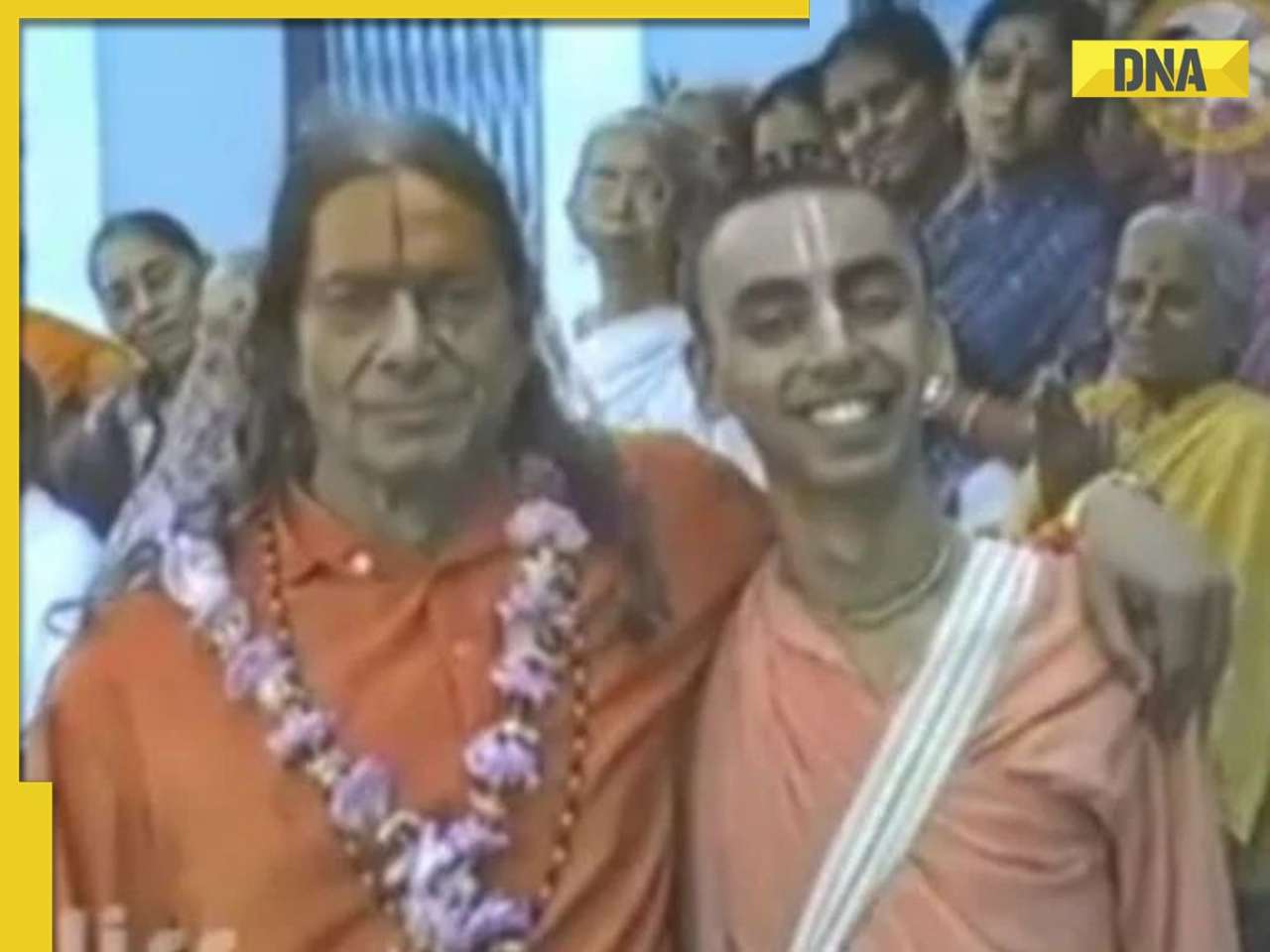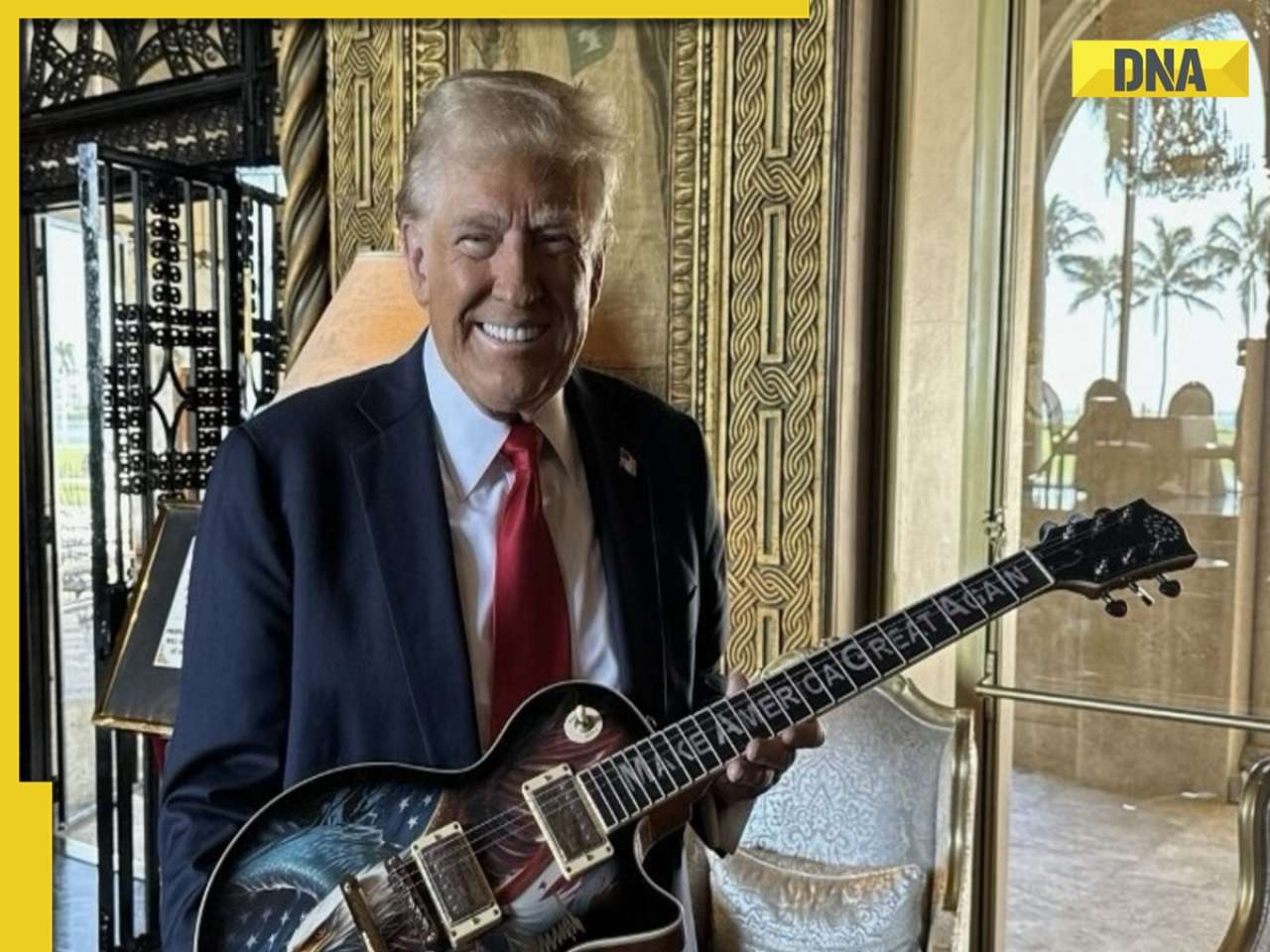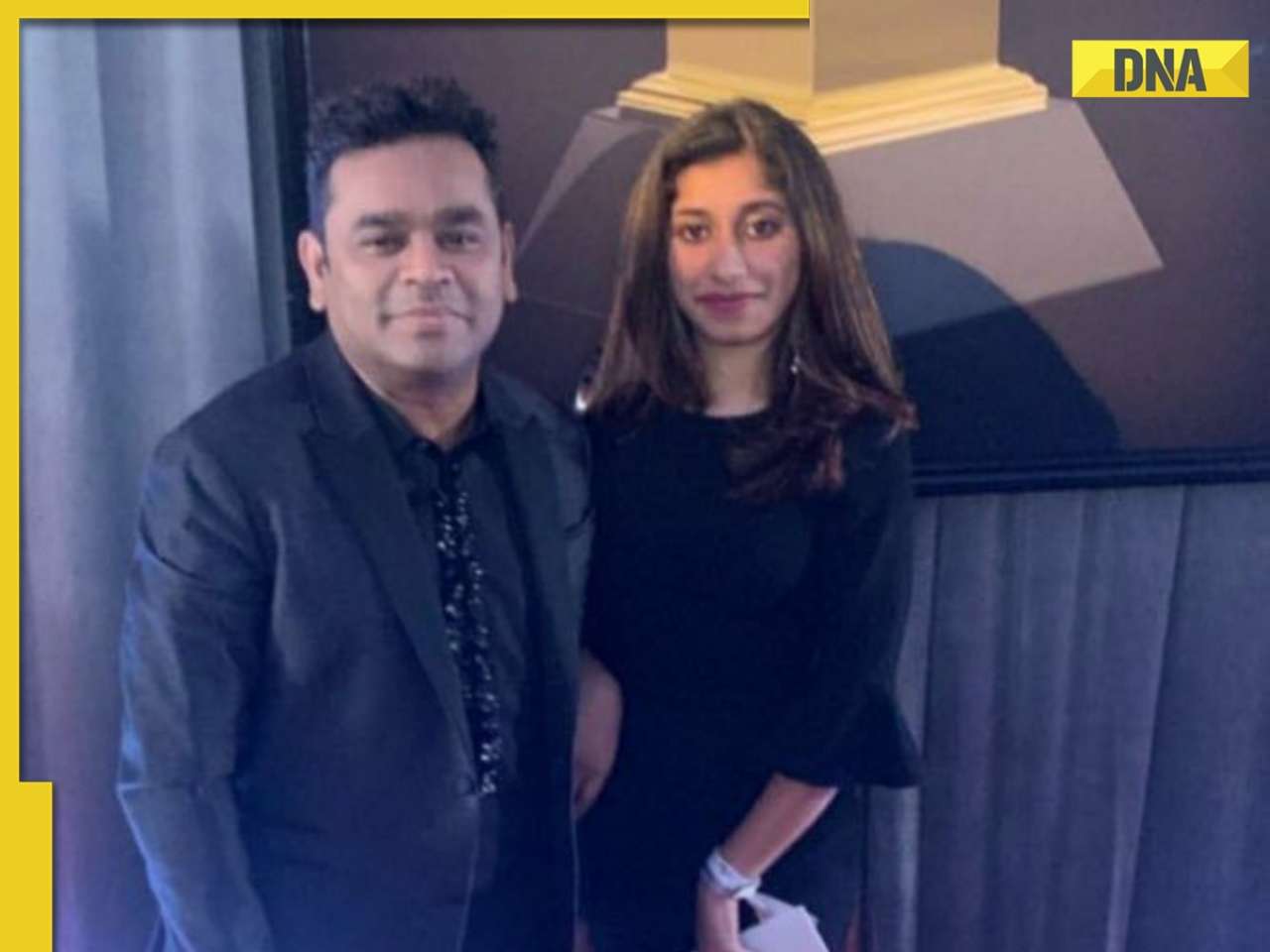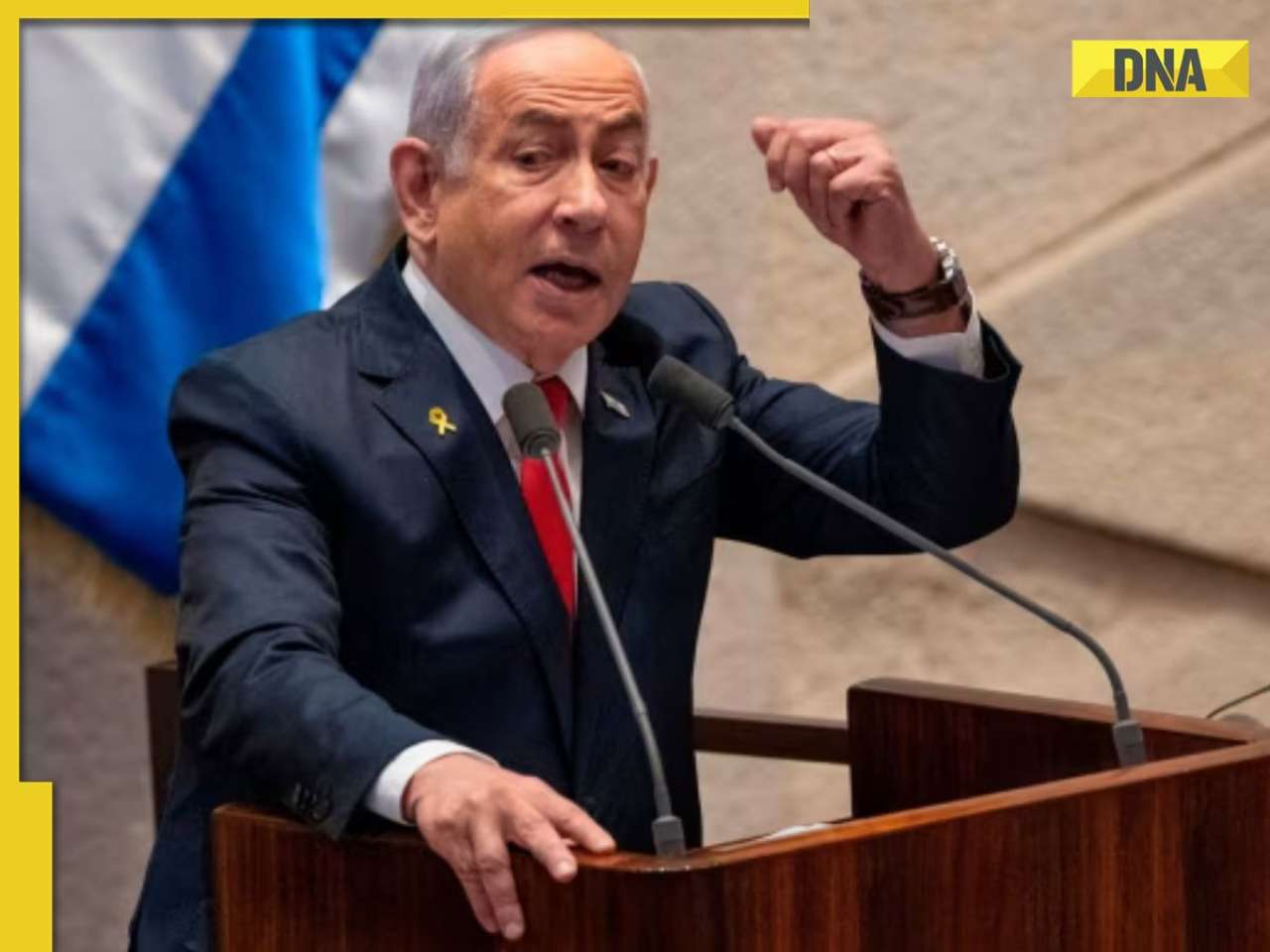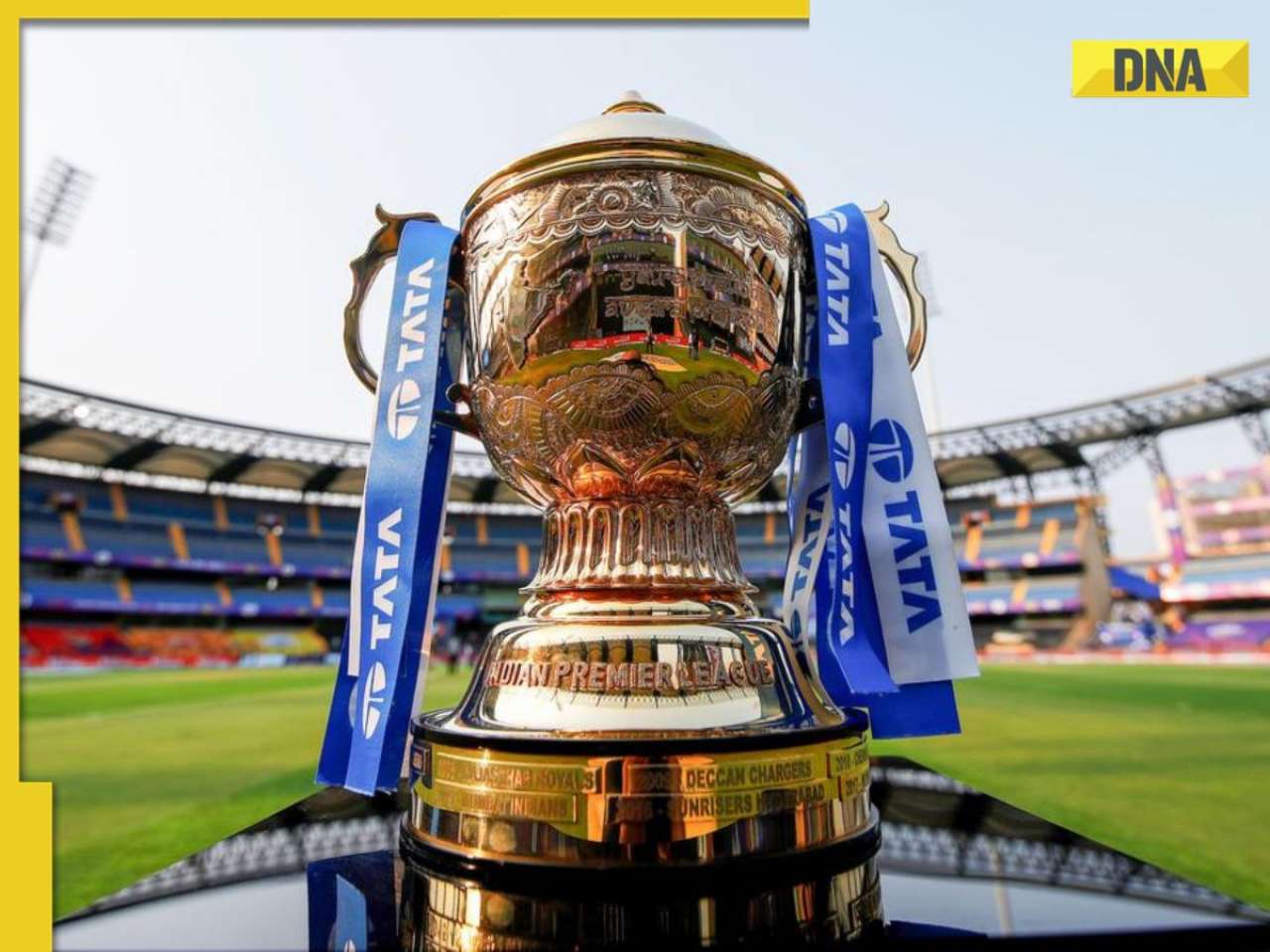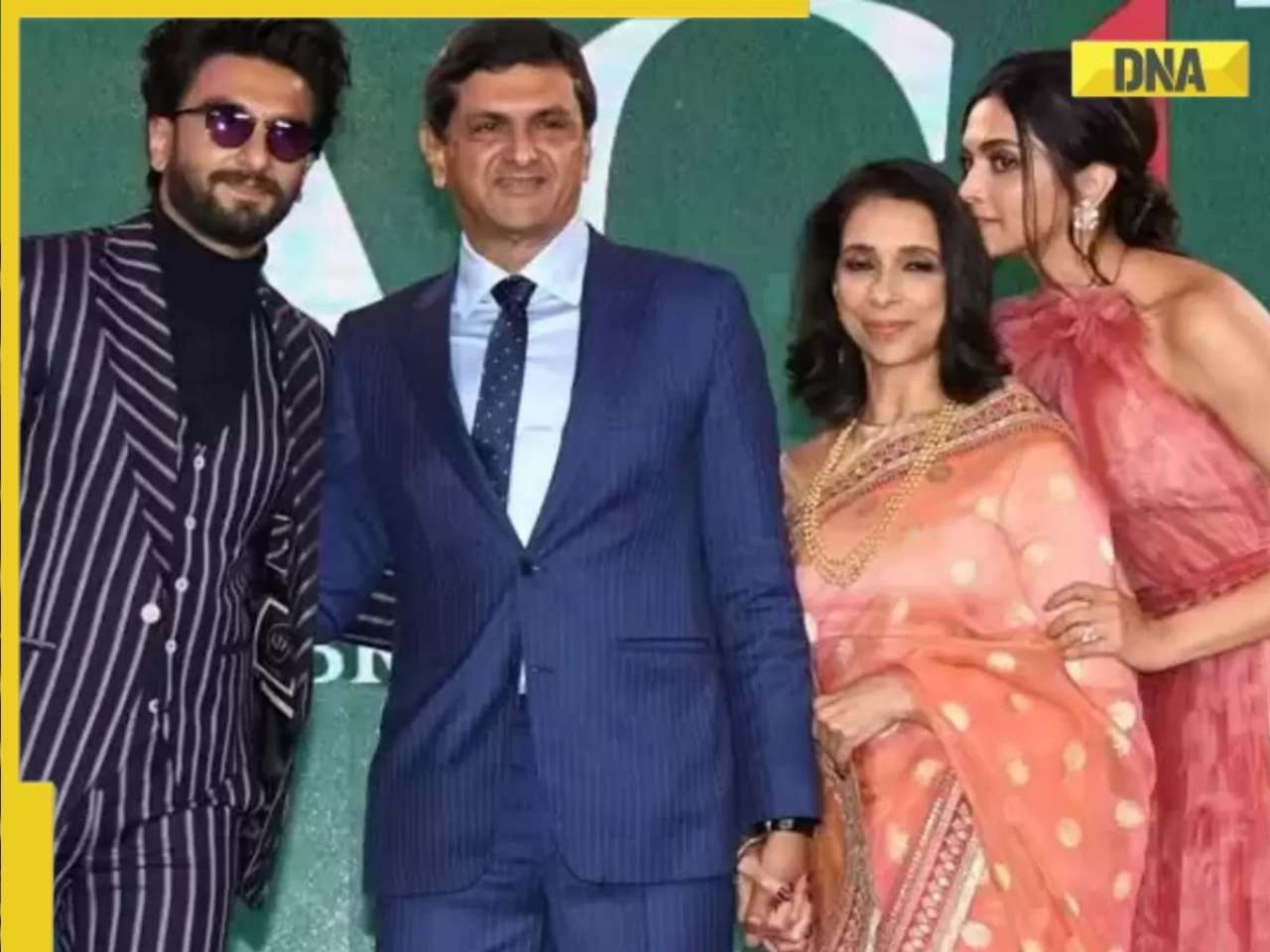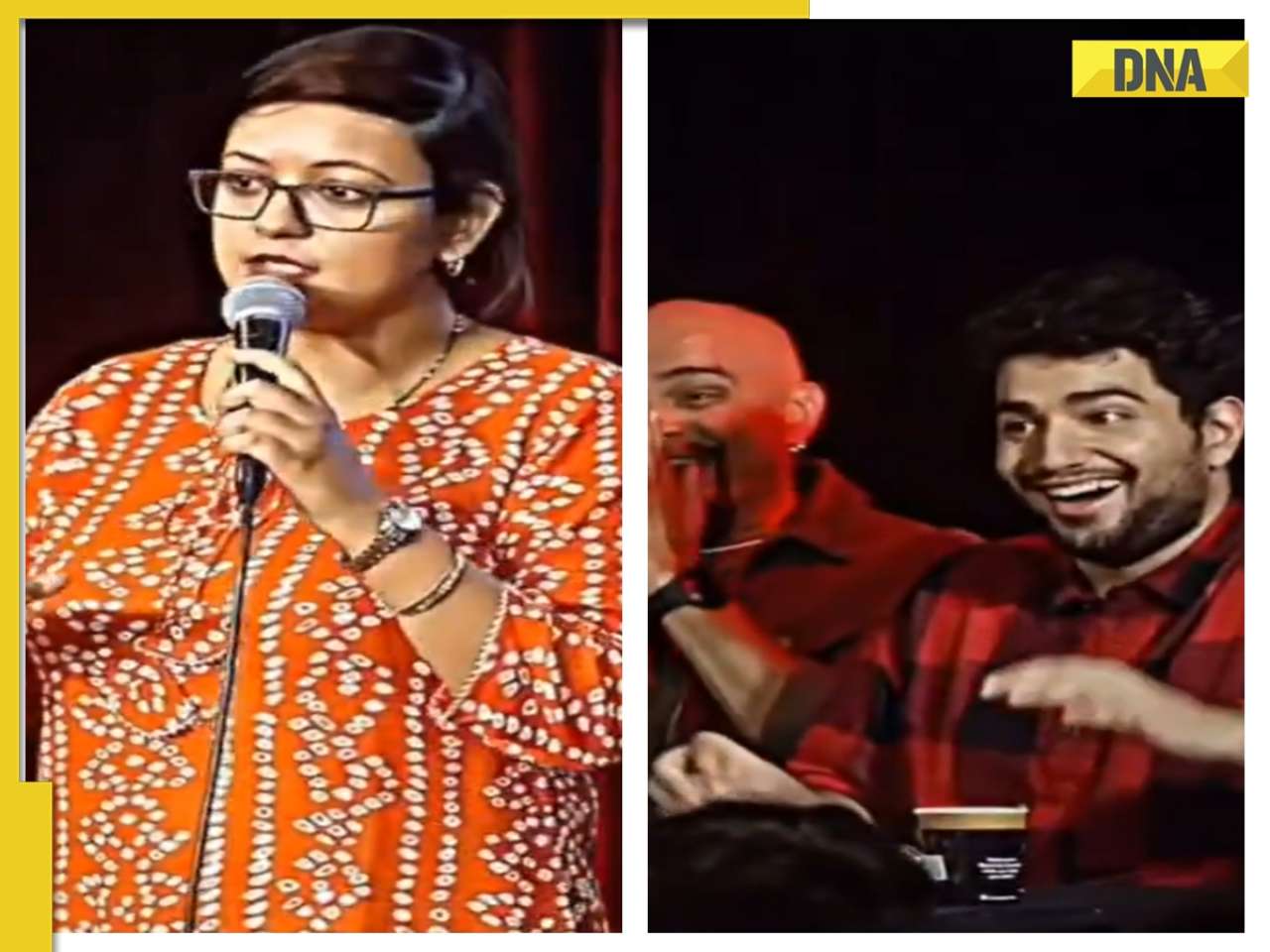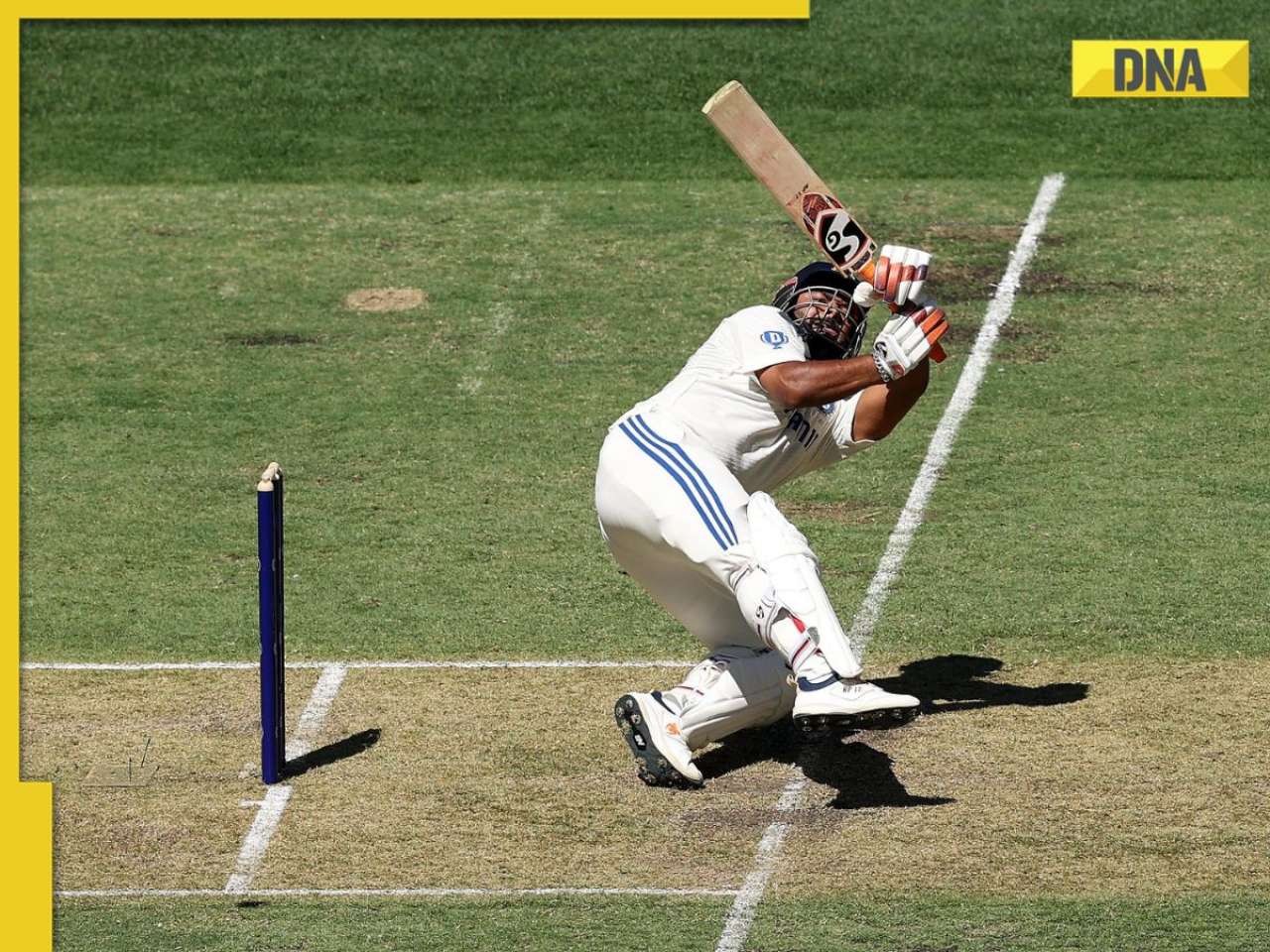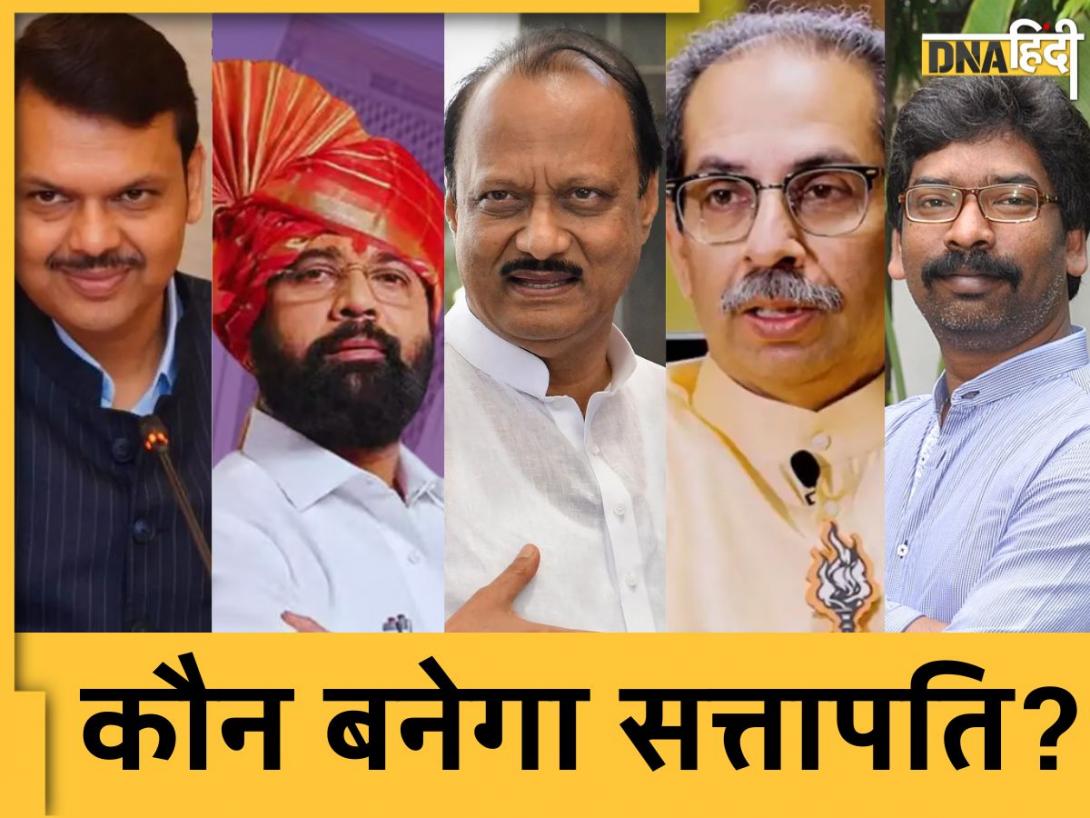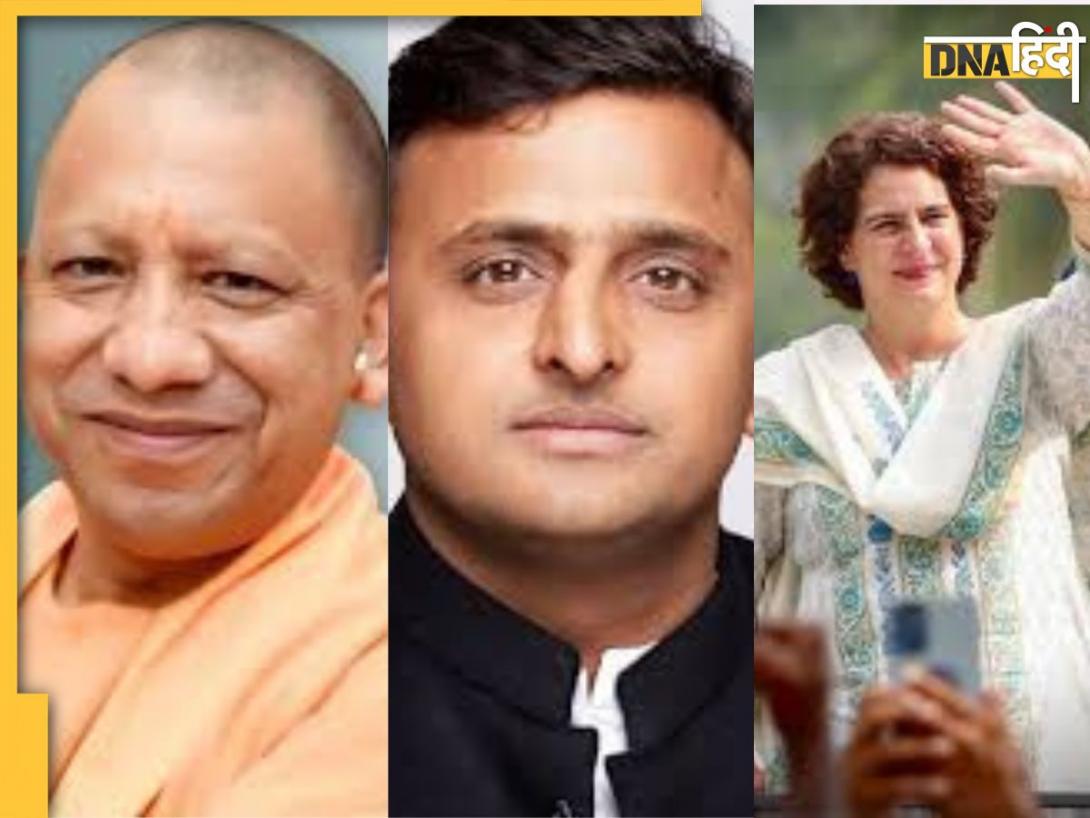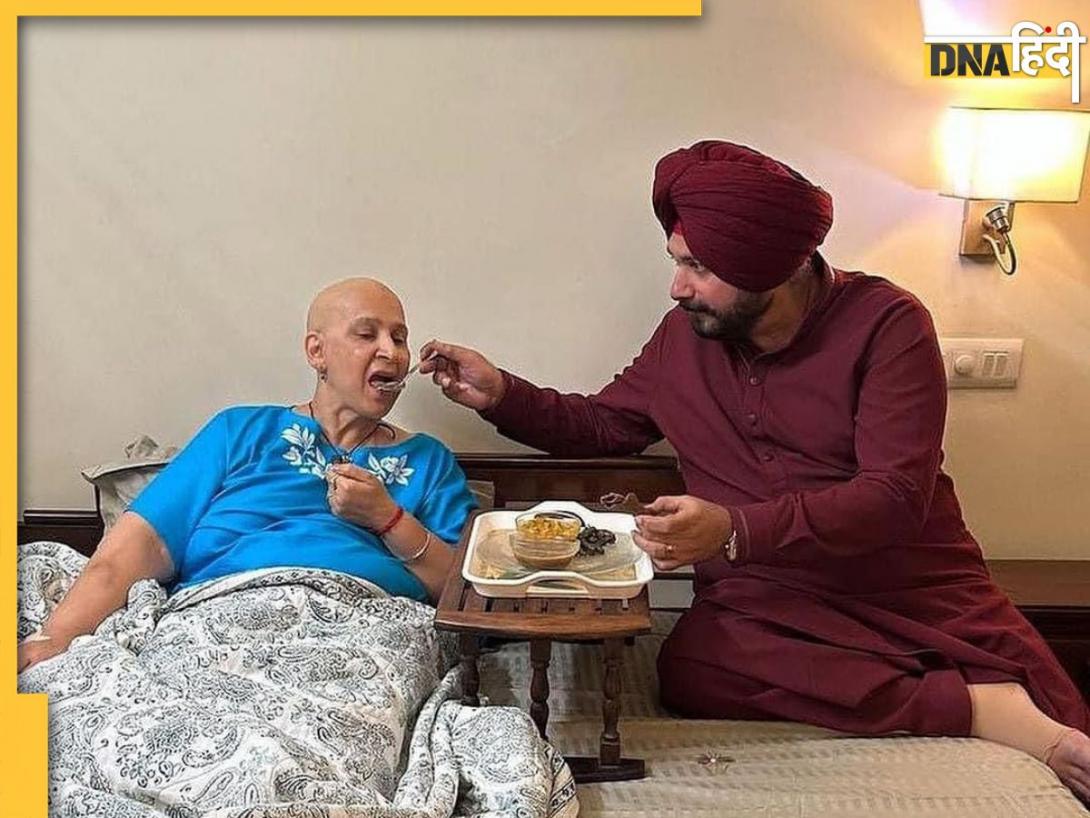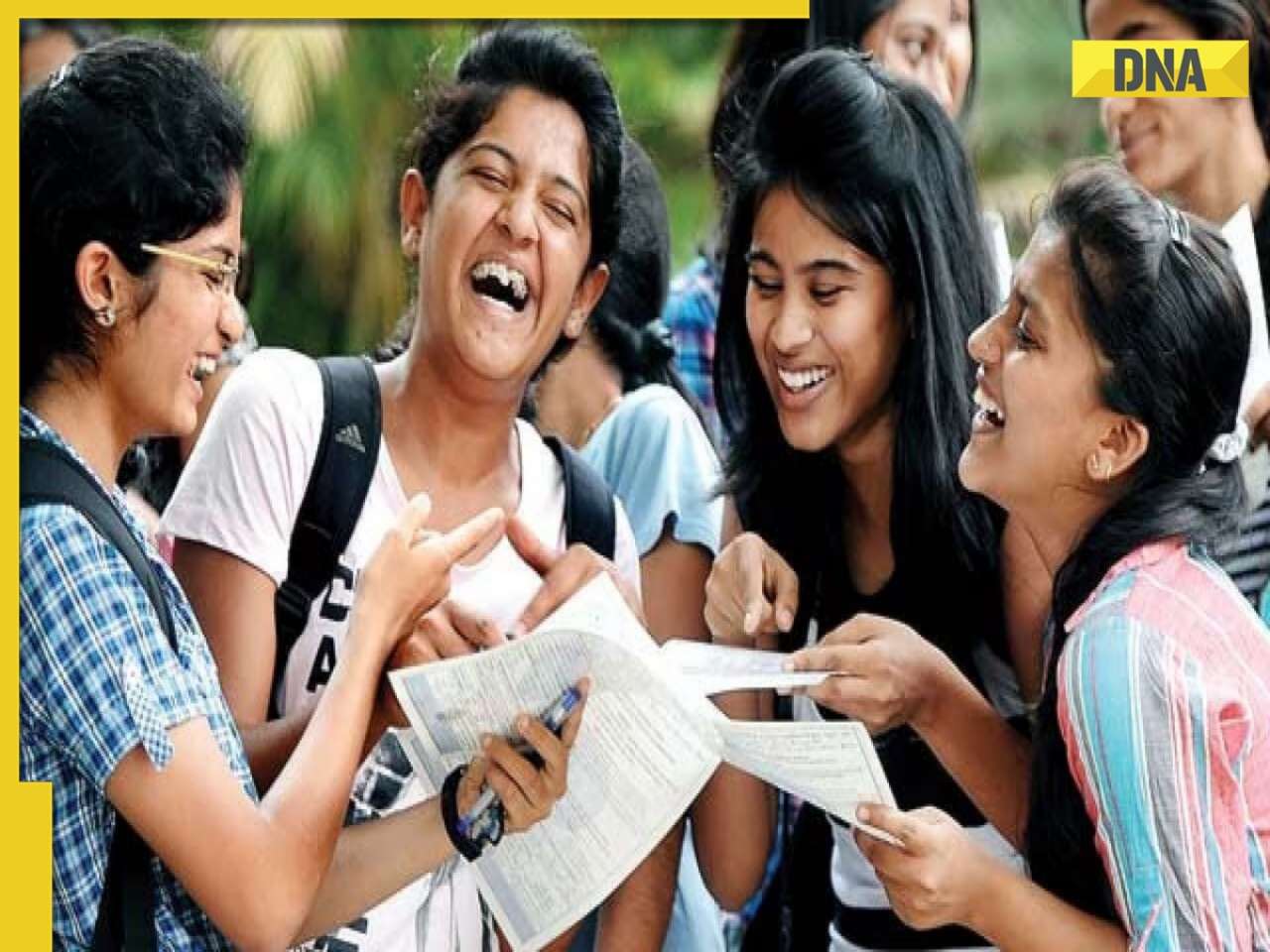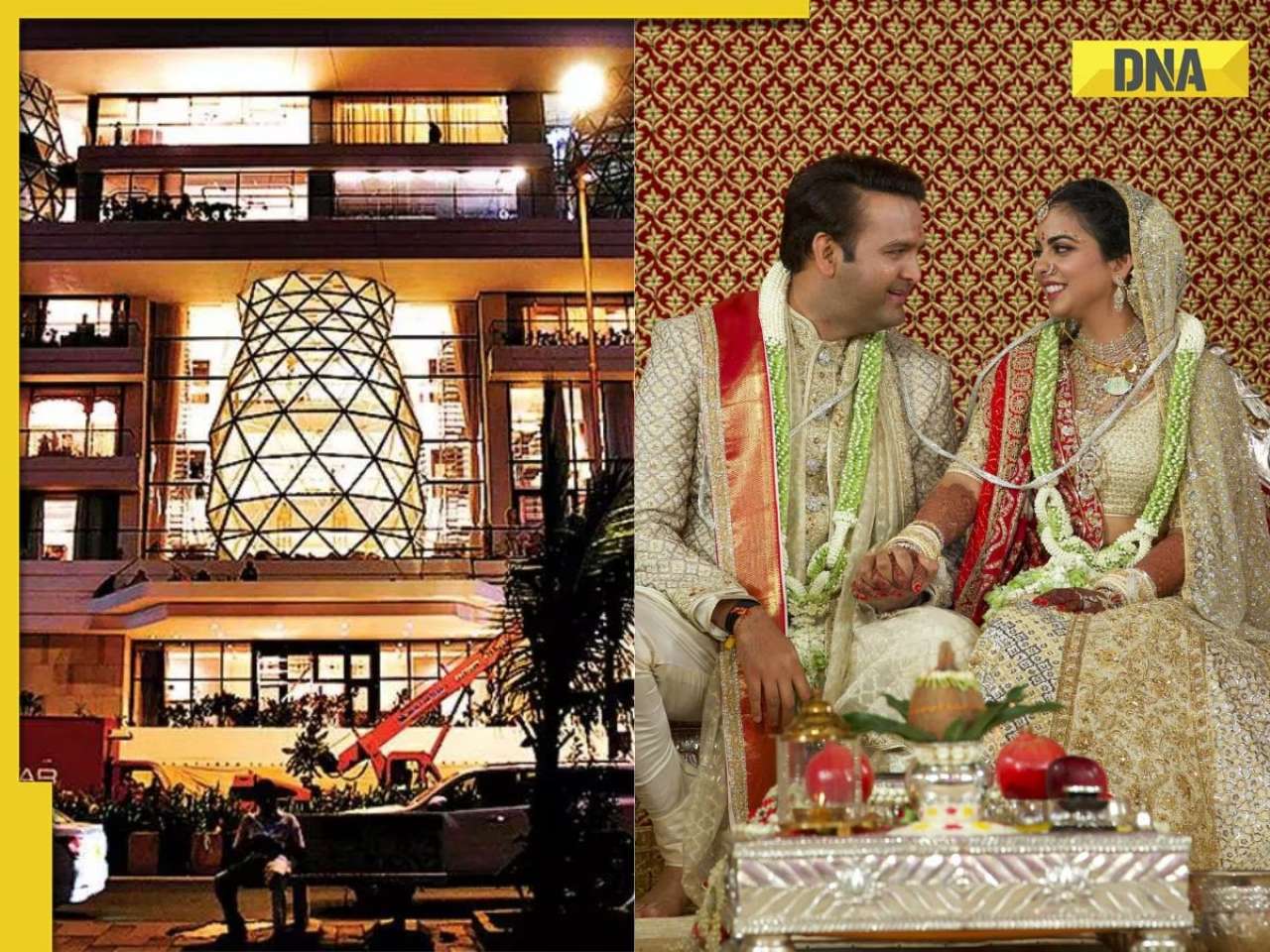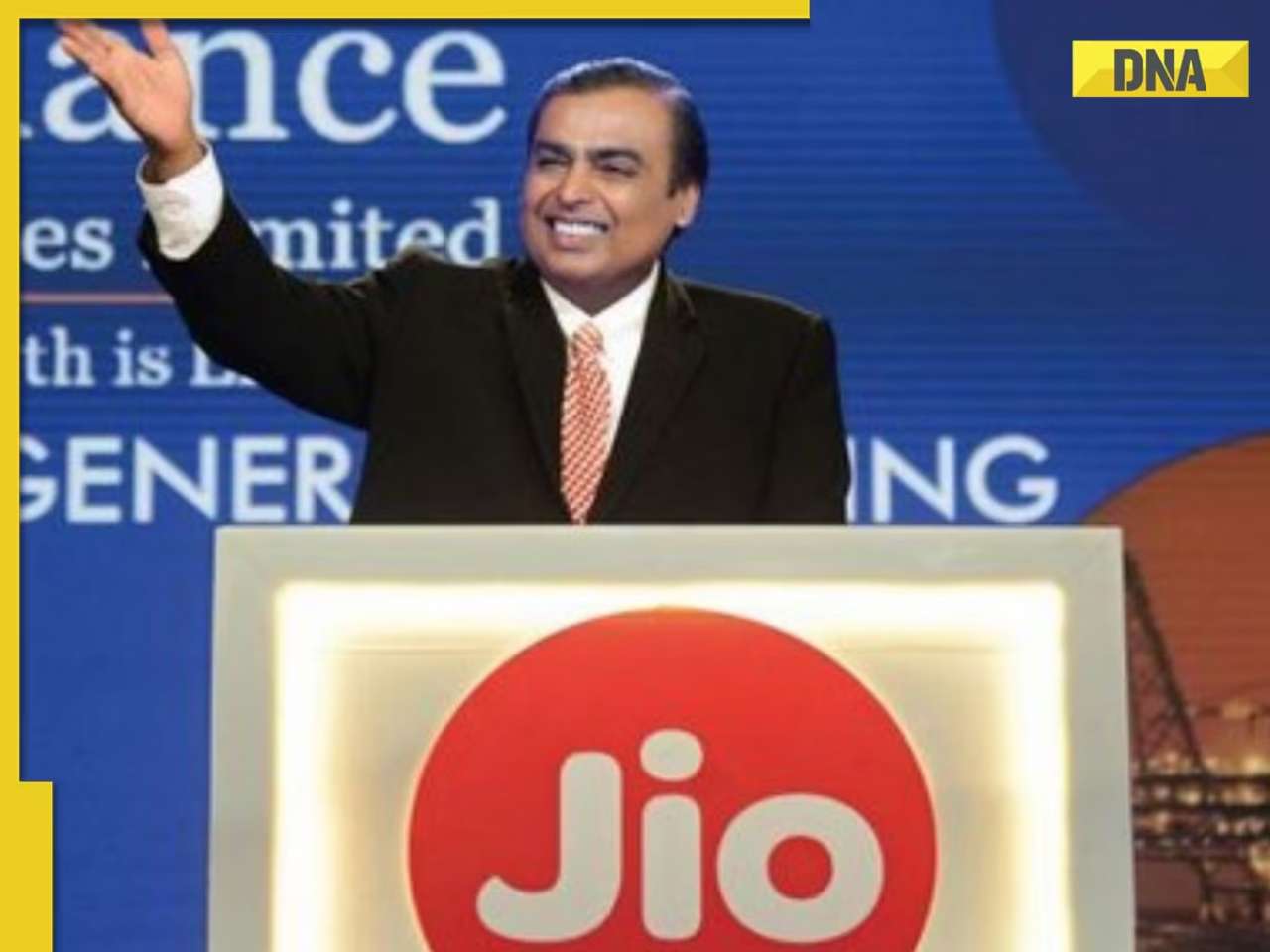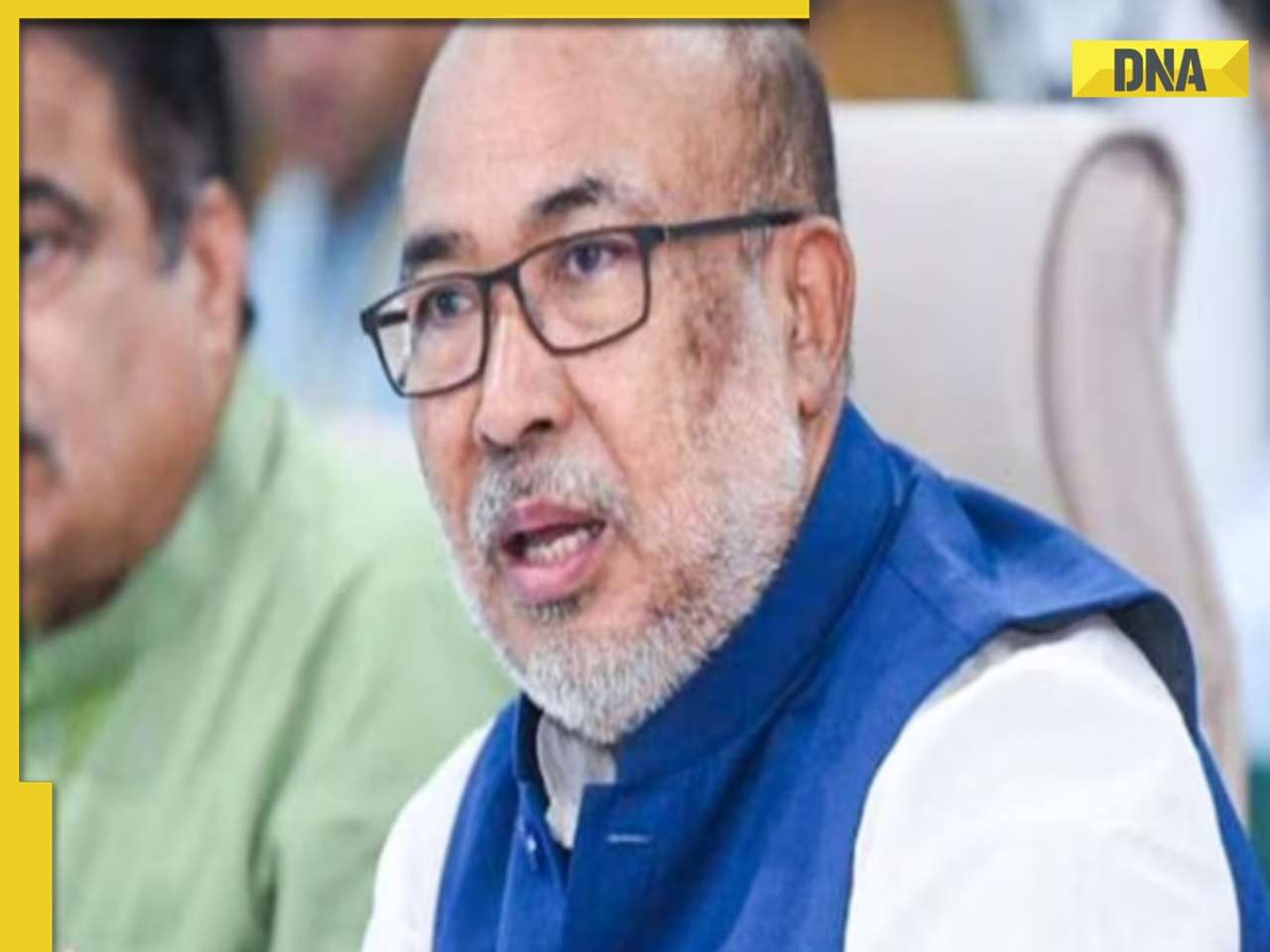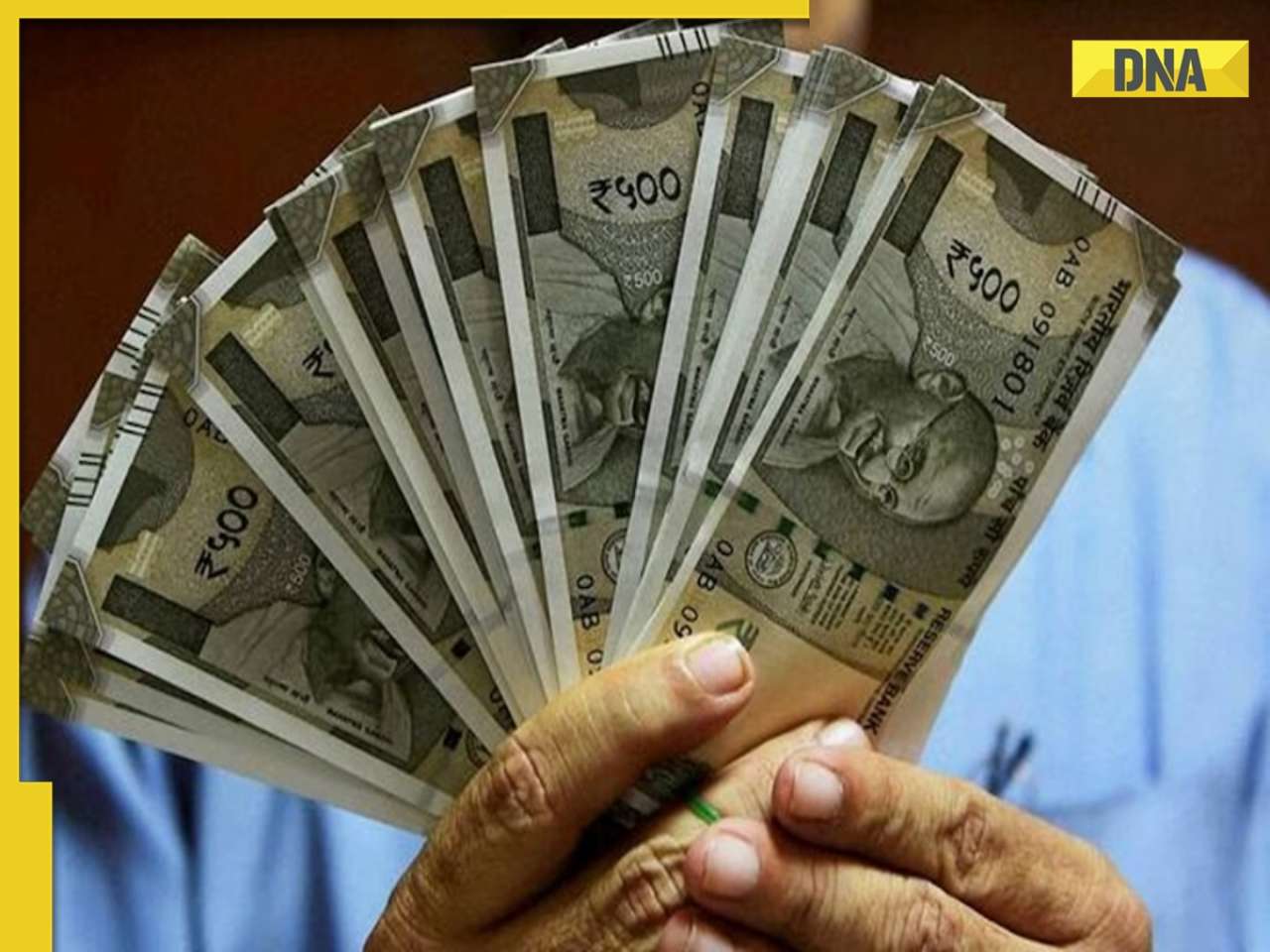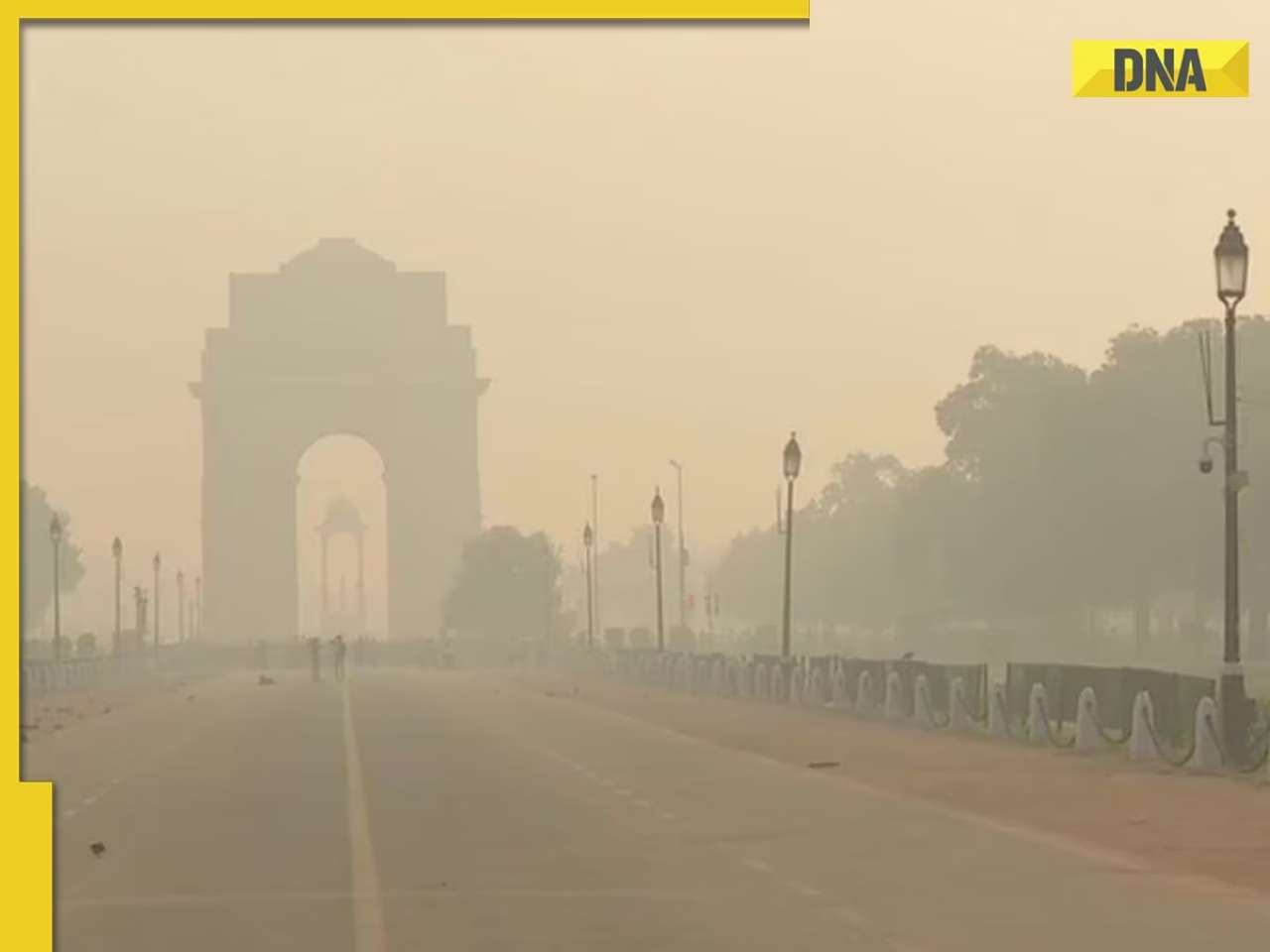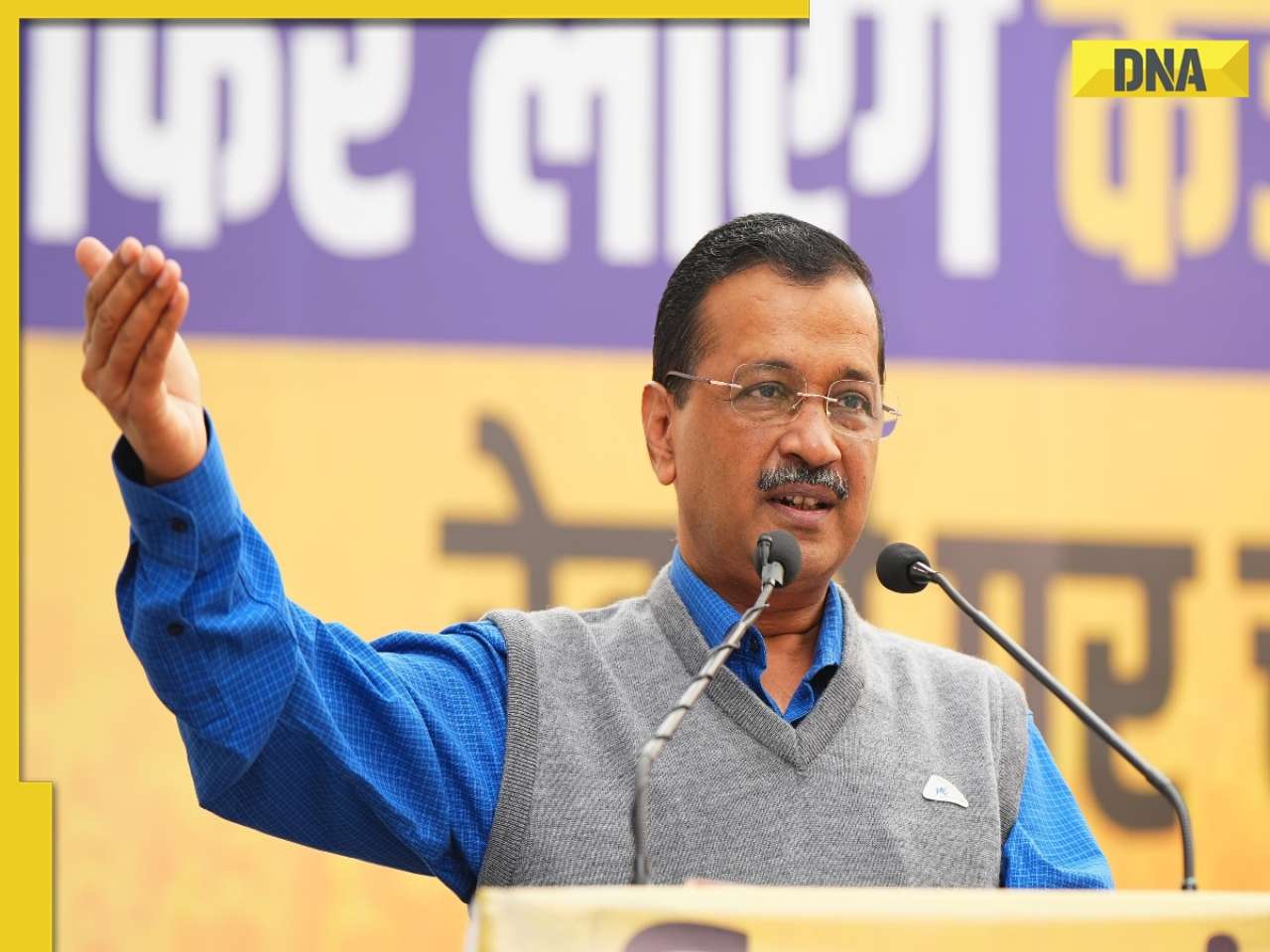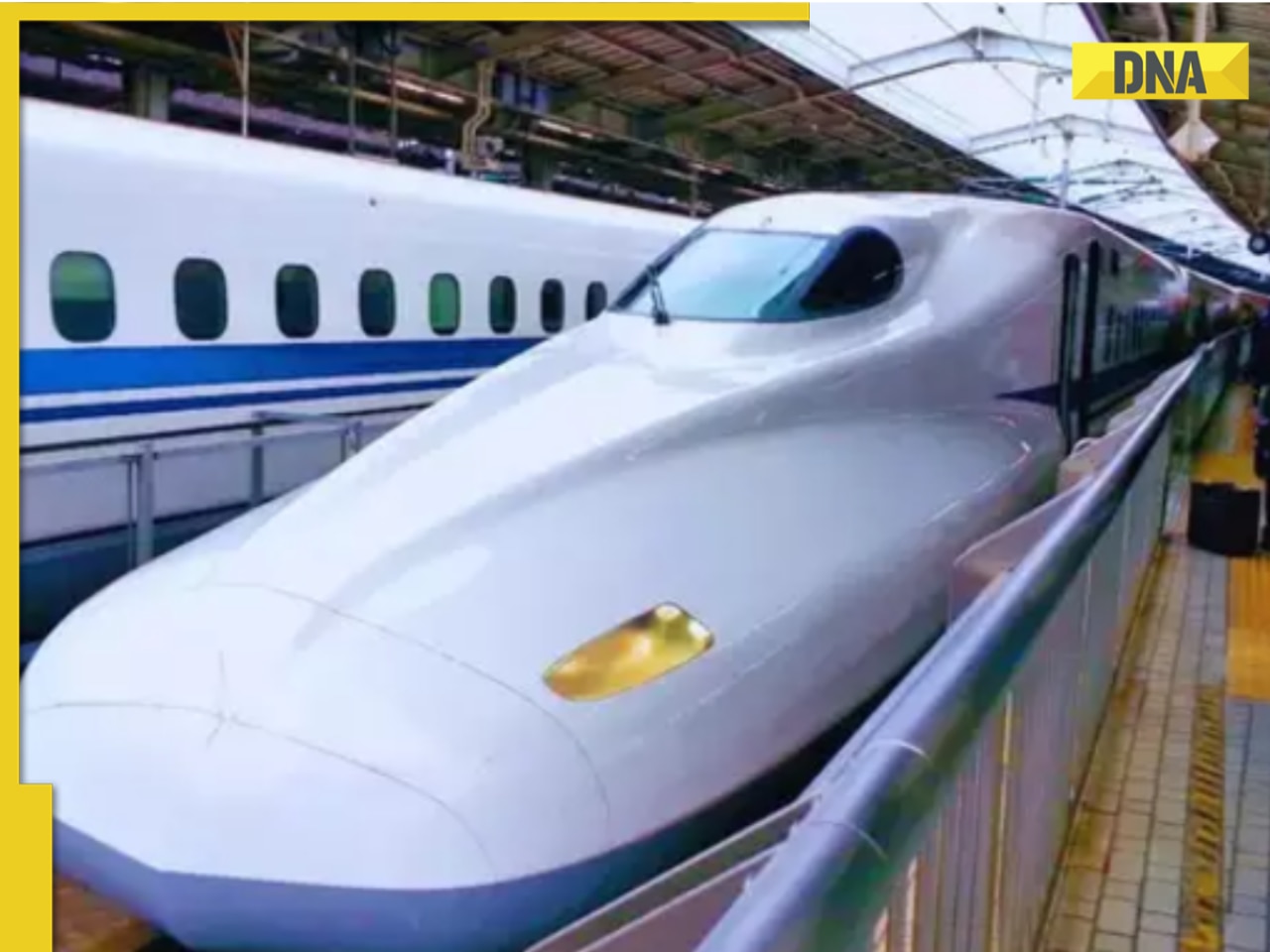- LATEST
- WEBSTORY
- TRENDING
INDIA
Swacch Bharat: Cleanliness and the muck in our minds
It is the height of centralisation where New Delhi grabs extra money from your pocket, ostensibly to clean your locality, but who will clean the muck in New Delhi's mind that treats the states as irritants at best and revenue plunder zones at worst?
TRENDING NOW
Those of us who do not live in Delhi and live far away from the inner-chambers of power, some aspects of the new Union government's initial pronouncements were indeed exciting.
Firstly, in consonance with the tone set by its leader in the 2014 Lok Sabha election campaign, the central government wanted to be an enabler and not a micro-manager in people's lives and aspirations. Secondly, it talked about co-operative federalism, by which, real federalism would be ushered in, in a spirit of co-operation between the constituent states of the Indian Union. Right now, these feel like promises from a different planet.
It is true that the government of India increased the percentage of tax money that would be given by the Centre to the states. But that came with a serious catch, the Union government at Delhi was simultaneously either severely cutting back or completely discontinuing their funding of many schemes run in the states where the money used to come primarily from the Centre. Hence, if the schemes were to be continued, the increased allocation for tax money to states would simply be used to continue earlier existing schemes.
Many states have protested this because this is no real financial devolution at all. What is important here is how the Union government, that is the so-called Centre, constantly talks about federalism and decentralisation, and in practise has been continuing the centralising policies of the previous government. If the Union government was actually interested in federalism by empowering the states, why has it not given up the revenue collection rights from even a single revenue source in favour of the states? What is the point or meaning of decentralisation when the revenue is collected as before by the Union government only and the states are completely dependent on Delhi's whims.
After all, if states became revenue owners and collectors, they could plan projects and outlays completely, without the Union government as a meaning-less middle-man, which apparently collects the money with the intent of giving most of it up to the states. Then why collect it in the first place and why not let the states collect the revenues and also retain the money? We need to understand why Delhi retains these rights and does not give up any revenue collection rights to the states. Without that, it would not be able to allocate more money to a bullet-train project compared to the whole of a typical annual Indian Railways budget. If the amount of revenue available to Delhi decreased drastically, it would be able to announce financial “packages” for those states from whom the government party tries to gain power.
This is precisely why there would be fat financial “packages” announced for Jammu and Kashmir or Bihar but never for West Bengal or Telengana or any other state where the party in power in Lok Sabha has no chance of gaining in the near future. With all its high talk of decentralisation and cooperative federalism, can New Delhi care or dare to give any revenue source back to state, not as alms from babus of finance commission but as an inalienable constitutional right? No, sir.Those constitutional changes are only meant for taking away taxation powers from the state. The feverish enthusiasm to pass the GST is a case in point. The GST takes away several taxation powers from the states. And yes, the Congress will also support it. It is a matter of time. When it comes to imposing the ideology and power of Delhi over the states, the Congress and the BJP are two sides of the same coin.
But wait, it is not as if the Union government is content with having less money and less financial obligations. After having gotten out of major funding of various schemes, its has been slapping certain kinds of taxes called “cess”, which are cunningly outside the purview of its sharing-with-states “generosity”. What it means is that the Union government is actually extracting more money from the people, with the new extractions being called “cess”, that is, of the type that won't be shared with the states. A cess is essentially a tax whose collections are ear-marked for a particular purpose. Among this extra money that the so-called Centre is extracting from us, the people, is the 'Swachh Bharat' cess. The money collected from this cess will apparently go in "cleaning up" this land.
Given the vagueness of what “cleaning up” entails, this money can be used to pursue any number of pet projects conjured up by Delhi. One thing is for sure – such projects would often involve contractors and thekedars. This is all rather predictable and sad. The party that had come to power by promising decentralisation and being an enabler of people has now officially decided that cleaning your neighbourhood drain is its job, whether you like it or not, and you have to pay for it. The thing is, the real cleanliness issues lie elsewhere and inside the Indian Union itself, there are success stories of communities taking charge of their destiny in cleanliness and hygiene, even before the present bunch of decentralisers in Delhi decided to centralise even the job of cleaning your neighbourhood, or at least collect immense amounts of money under that ruse.
It is the height of centralisation where New Delhi grabs extra money from your pocket, ostensibly to clean your locality, but who will clean the muck in New Delhi's mind that treats the states as irritants at best and revenue plunder zones at worst? While photo-ops of broom-stick wielding khadi-wearers have been a hit, open defecation is something for which photo-ops are a rarity. And while a lot of money is to be made and is being made by building made-to-order government latrines by contractors big and small, communities in many parts of the Indian Union are leading by a very different set of examples. In the canal irrigated zones of the Thar in Rajasthan, IAS officer Arti Dogra, as District Magistrate of Bikaner, took the challenge of open defecation in these zones very seriously. Incidentally, the Indian Union is the top defecator in the world, with nearly half of its population defecating in the open, as per the 2014 Progress on Drinking Water and Sanitation report. Ms Dogra empowered local communities through community-led total sanitation approach, a people-centric awareness triggering method that has had astounding success in the much more swachh and nearly open-defecation free People's Republic of Bangladesh.
Local elected representatives were taken into confidence, public meetings were held where women's concerns were specifically highlighted. The results have been impressive which huge swathes in nearly desolate desert land having humble hutments with newly erected toilets – not sarkari public toilets but private ones built largely with people's own funds. More than money, it is earnestness, community-centric empowerment and decentralisation of decision-making that matters, when it comes to solving most problems. If the government of India is at all seriously interested in what it calls the Swachh Bharat campaign, these are the examples it needs to look at seriously. It also might want to learn from Bangladesh – there is no shame in learning from areas where best practises have achieved success, especially in cash-poor zones such as the subcontinent.
In Haryana, Karnataka, Chhattisgarh and Gujarat, the presence of a latrine at home has been made a mandatory condition for qualifying as a candidate for local-body or panchayat elections. Such rules, made from above, only reflect non-engagement with reality and a deep contempt for communities. Such rules are biased against those who are usually excluded from their rightful share of money and power – the poor and the so-called backward castes. Communities do not need apathetic and criminal rulers from above. What lies behind such election qualifications is a mentality of prejudice and bias which in turn requires cleaning. Empowered communities can take care of themselves.

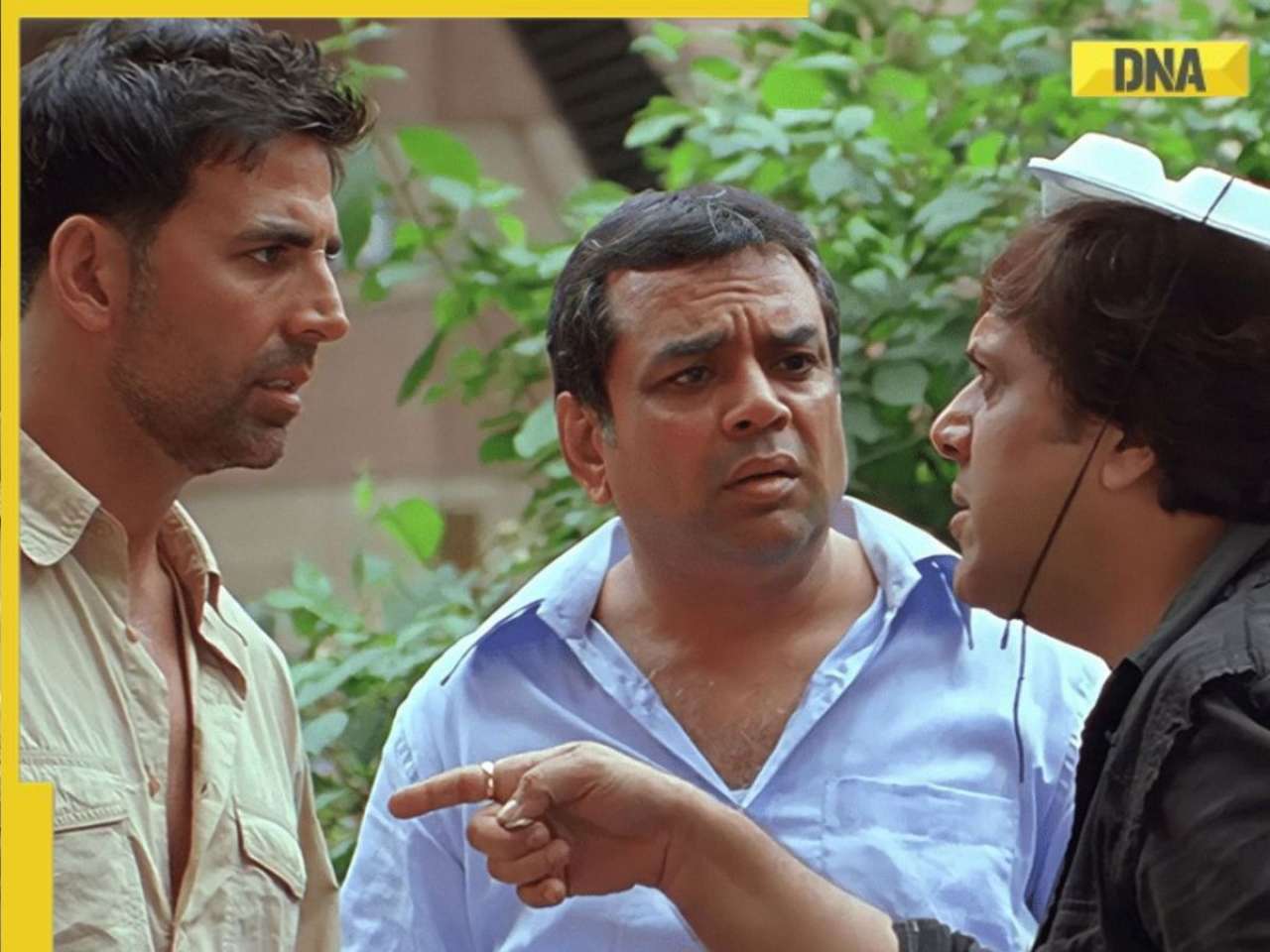





)
)
)
)
)
)
)
)
)
)
)
)
)
)
)
)





